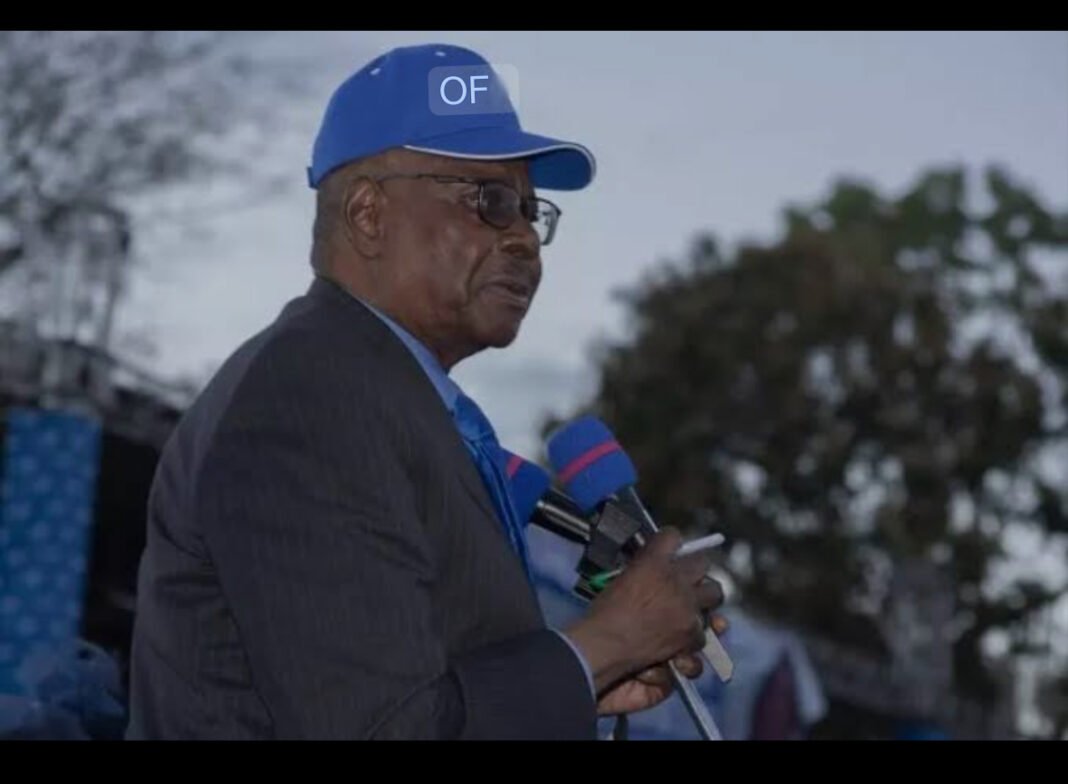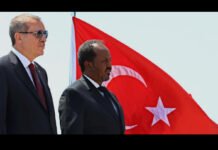Move aims to make education accessible for all children, government says
LILONGWE, (HAN) — Malawi’s newly elected president, Professor Arthur Peter Mutharika, has announced a landmark policy to abolish school fees for both primary and secondary education, a move hailed as a major step toward improving access to education in the southern African nation.
The announcement was made during Mutharika’s first national address since taking office, in which he declared that education should be “a right, not a privilege.”
The president said the decision reflects his administration’s commitment to empowering young Malawians and reducing the financial burden on struggling families.
“From this day forward, no Malawian child should be denied an education because their parents cannot afford to pay school fees,” Mutharika said. “Education is the foundation of our nation’s future.”
The policy will take effect at the beginning of the next academic term, covering all government-run primary and secondary schools.
The Ministry of Education said it will work with local councils and school administrators to ensure a smooth transition and prevent disruptions to ongoing programs.
Officials estimate that the policy will benefit more than five million children across the country, particularly in rural areas where poverty has long kept many students out of classrooms.
Education experts and human rights organizations have welcomed the move, describing it as a bold and progressive decision that could transform Malawi’s education system and contribute to long-term social development.
“This is a historic moment for Malawi,” said Dr. Mary Banda, a Lilongwe-based education policy analyst. “Abolishing school fees will open doors for thousands of children who were previously excluded due to poverty.”
However, some analysts have warned that the government must also address challenges such as teacher shortages, overcrowded classrooms, and limited infrastructure to ensure the reform’s success.
Mutharika, who campaigned on promises of social reform and economic growth, said his government will increase education funding and partner with international donors to expand access to quality learning.
“This policy is not just about removing fees — it’s about building the human capital that will drive Malawi’s progress,” he said.
The decision marks one of the first major actions of Mutharika’s presidency and signals a renewed focus on social development in a country where more than half the population lives below the poverty line.





